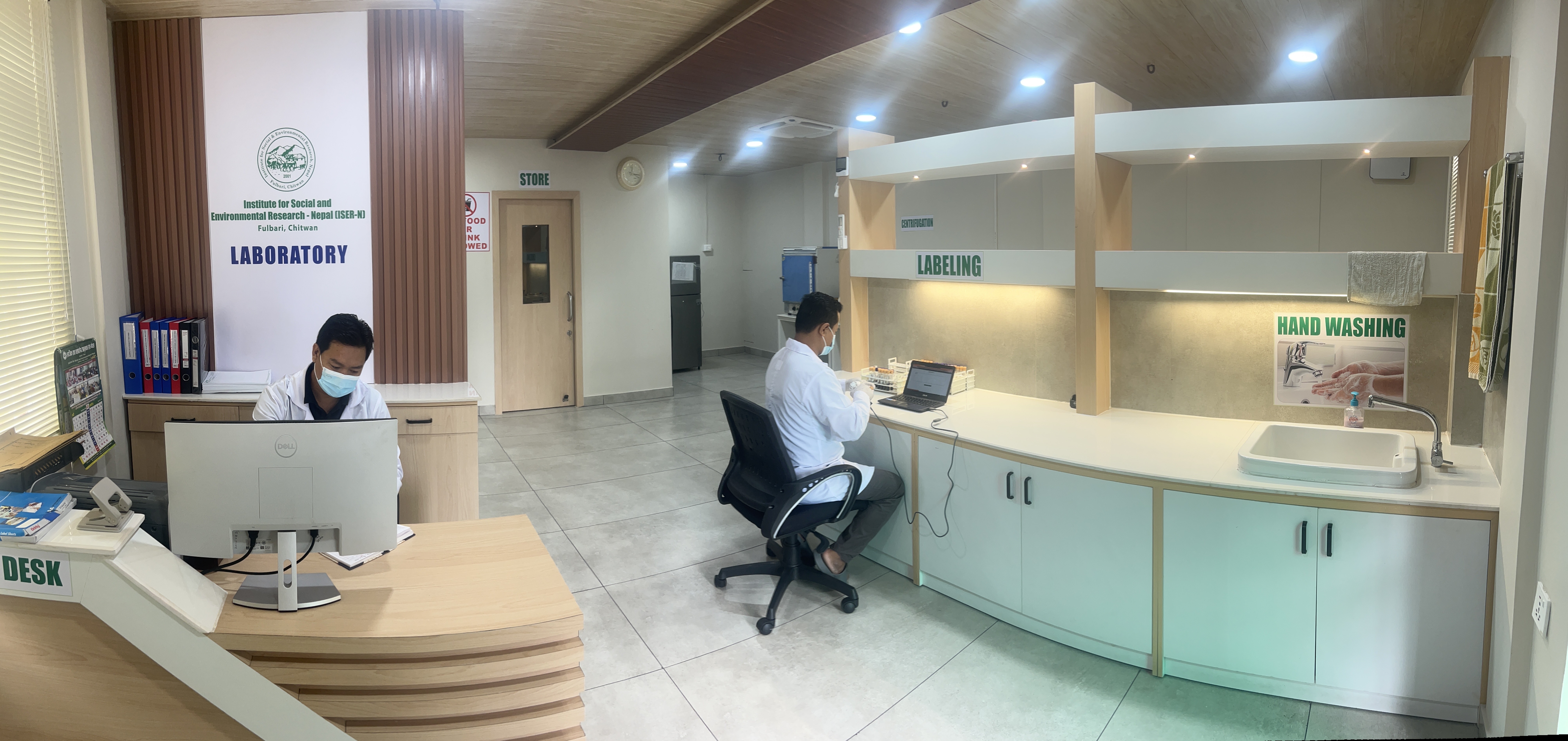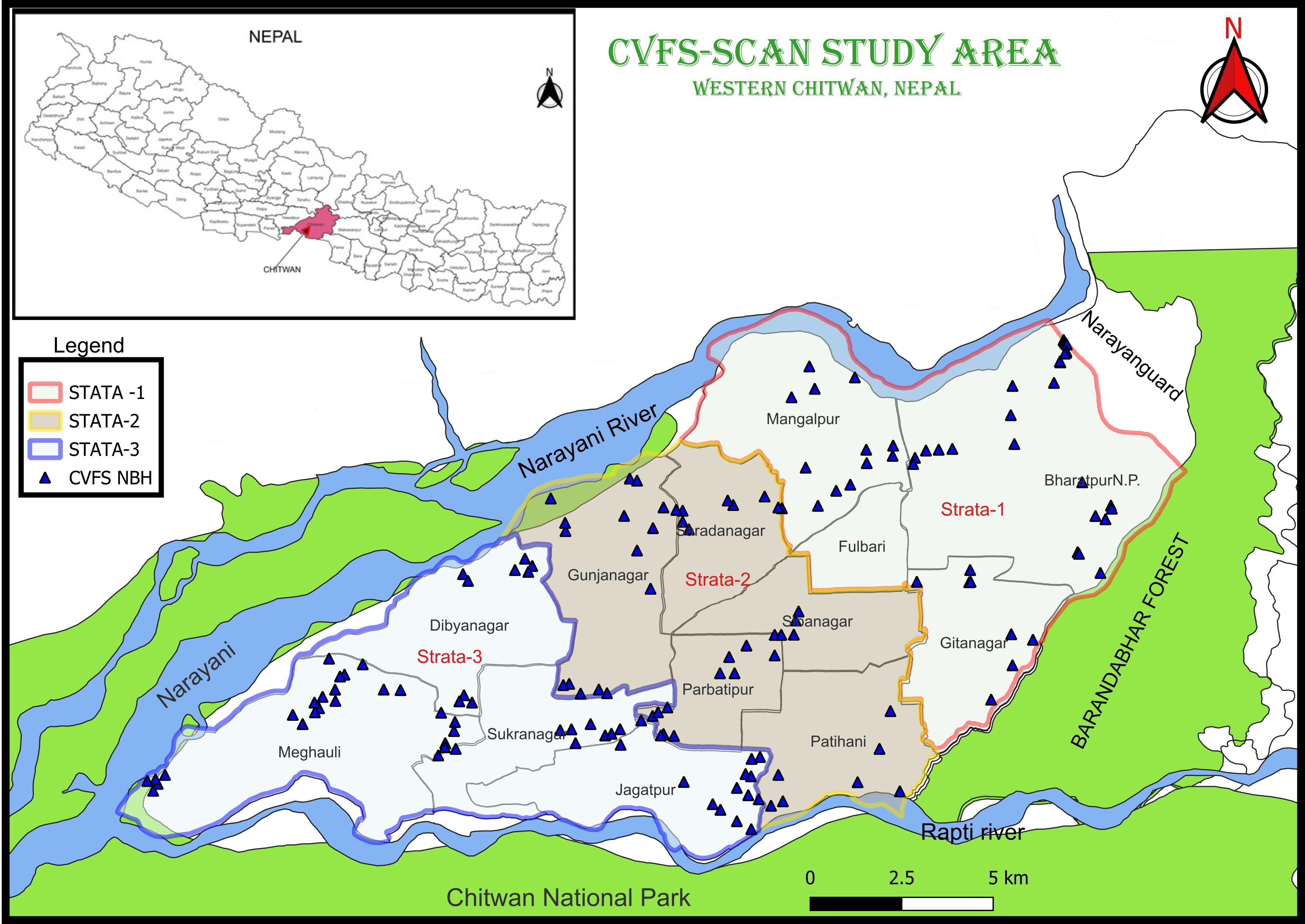The CVFS-SCAN study aims to lay the foundation for a sustainable, population-based research program focused on Alzheimer's disease and related dementias (ADRD) and broader age-related health challenges in Nepal.
As Nepal's population ages, more adults are living longer, but with increased risk of cognitive decline, chronic conditions, and disability. Despite the rising burden of ADRD, there is currently limited national capacity to monitor, prevent, or manage these conditions, due to the absence of systematic data and a specialized research infrastructure.
To address this urgent gap, CVFS-SCAN leverages the longstanding Chitwan Valley Family Study (CVFS), a respected and nationally recognized longitudinal study that began in 1995. With decades of detailed family, community , and life history data, CVFS provides a unique foundation for launching a new wave of dementia-focused research tailored to Nepal's specific historical, social, and demographic context.







